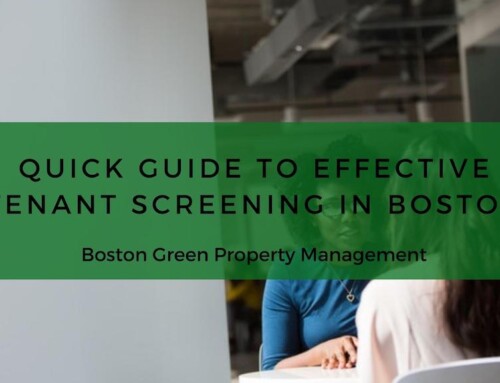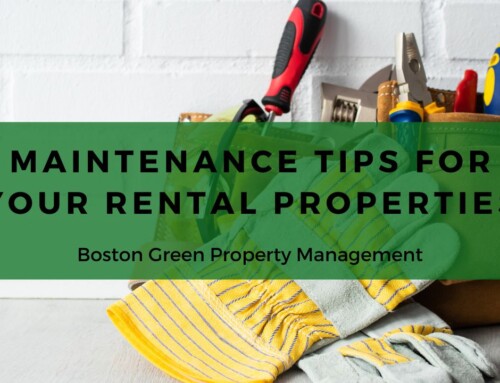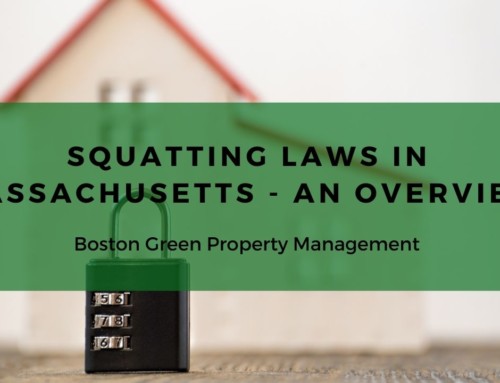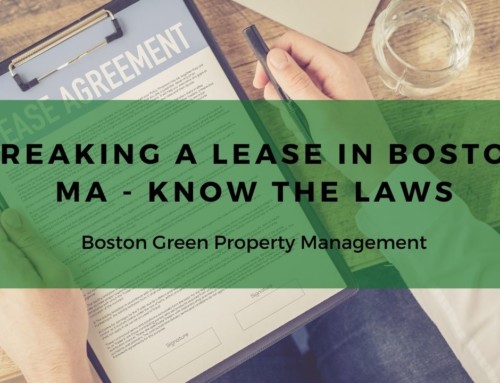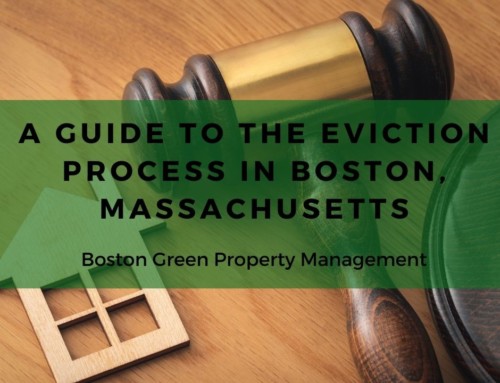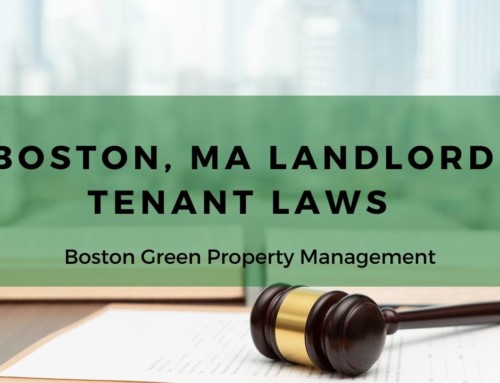Are you mulling over the idea of renting out your Boston home? Well, if you are, it can be one of the best decisions of your life. Among other things, both cash flow and property appreciation rates are high.
Being a landlord, however, isn’t a quick road to riches. Just like any other profession, you need to have certain skills and experience to succeed. The following are tips to help you rent out your Boston home successfully.
1. Understand Your Landlord Responsibilities
Being a landlord can be a demanding job, day and night. There are plenty of responsibilities that fall onto landlords.
One responsibility you’ll need to stay on top of is handling repairs. Once your tenant notifies you of an issue, you’ll need to act fast to repair it. Matter of fact, in Massachusetts, the law gives landlords 5 days to begin repairs after being notified, and 14 days to have them done.
Another responsibility you’ll have is inspecting the unit regularly. See, no matter how good a tenant is, the property is always going to experience wear and tear. As such, you’ll need to inspect the unit regularly to check for potential issues and lease violations.
Other responsibilities you’ll have under the landlord-tenant laws include:
- Collecting rent payments
- Maintaining peace and quiet
- Serving proper notice before entry
- Maintaining common areas
- Providing adequate trash receptacles

2. Get the Home Ready for Renters
When the demand for rental housing is low, getting away with renting a home as-is may not be possible. During such times, tenants tend to pay more attention and be selective thanks to increased options.
Either way, it’s always a good idea to be prepared. Quality tenants will always go for quality spaces regardless of the state of the market. At the very least, clean the home thoroughly, repaint walls, and replace dated appliances.
3. Know Your Legal Obligations
Every state in the U.S. has a landlord-tenant act in place, and Massachusetts isn’t an exception. Contained in the act are many rules that every landlord must adhere to lest they find themselves in a legal dispute with their tenant.
Did you know, for instance, that you cannot enter rented premises for just any reason? If you do so repeatedly, your tenant could cite you for landlord harassment. While the state law doesn’t specify the required entry notice, 24 hours is typical.
Also, you must be extra careful when screening prospective tenants. The reason for rejecting a tenant must not be discriminatory. The Fair Housing Act requires that landlords treat tenants, both new and existing, respectfully and equally regardless of their race, color, religion, disability, or any other protected characteristic.
Other legal obligations you have as a landlord in Boston include:
- Ensuring the property is up to code in regards to safety and health
- Ensuring your tenant enjoys their peace and quiet
- Following the proper eviction procedure

4. Begin the Marketing Process
When moving forward with renting out your house, you need to let prospects know of the existence and availability of the home. Begin the marketing process by developing a list of features that make the home appealing. It could be the new updates you’ve made to the home or the desirable features such as air conditioning, a washer and dryer, and a garage that your home has.
Once you’ve compiled the list, start drafting the rental ad. Make it detailed and eye-catching to stand out from the competition. Next, start the distribution process. Use reputable websites in addition to posting “For Rent” signs, and consider running Facebook and newspaper ads if your budget allows.
Alternatively, hire a property management company to help you rent out your house. It’ll not only be a huge time saver for you, but you’ll also have peace of mind knowing everything is being done professionally.
5. Choose a Tenant Wisely
You want to ensure that you’re renting to a tenant who will reasonably maintain your rental during their stay, pay rent on time each month and respect the terms of the lease or rental agreement.
Having a thorough tenant screening process is the best way to safeguard yourself against problematic tenants.

An effective screening process examines a tenant based on their:
- Monthly Income – Only rent to prospects that earn sufficient income to afford the rent amount. Ideally, go for leads who earn at least 3X the monthly rent as income.
- Creditworthiness – A good credit rating is an indicator of how financially responsible a prospect is.
- Rental Background – Call previous landlords and make the necessary inquiries about a prospect. Did they pay rent on time, take good care of their rented premises, and live in harmony with other neighbors, for instance?
- Employment Background – Is the prospect able to hold down a job?
Remember, though, the Fair Housing Act requires that the process be non-discriminatory.
6. Hire a Property Management Company
Renting out a home in Boston isn’t as simple as it looks. Making your property stand out, marketing it, screening prospects, and carrying out the obligations of a landlord can be anything but easy. An experienced property management company can provide you with peace of mind, handle the day-to-day operations, and help maximize your ROI.
Summary
Being a landlord can be lucrative and rising property values in Boston can also ensure you build wealth over time. But there are many responsibilities associated with being a landlord including understanding different rental laws and preparing your rentals for tenants.
All this can be overwhelming so consider hiring an expert if you’re starting or expanding your investment portfolio. Boston Green Property Management is an experienced property management company that serves the Greater Boston area. Get in touch to learn more!
Disclaimer: This post is not meant to be a substitute for legal advice. If you have questions please contact a licensed attorney.



